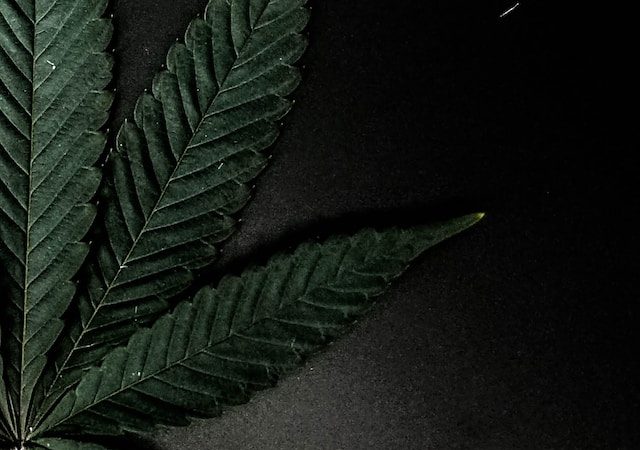The notion that marijuana can be a creative catalyst has gained popularity over the years. Many individuals turn to weed as a means to enhance their creative abilities. However, it is important to critically examine this belief and question whether relying on marijuana to boost creativity is truly beneficial. In this article, we will explore
The notion that marijuana can be a creative catalyst has gained popularity over the years. Many individuals turn to weed as a means to enhance their creative abilities. However, it is important to critically examine this belief and question whether relying on marijuana to boost creativity is truly beneficial. In this article, we will explore the reasons why you shouldn’t depend on weed as a source for creative inspiration.
Temporary Inspiration vs. Long-term Productivity: Marijuana can induce temporary bursts of inspiration and altered states of mind. While this may seem appealing at first, relying solely on these fleeting moments can hinder long-term creative productivity. Consistent creative output requires discipline, focus, and the ability to access one’s inner creativity naturally, rather than relying on external substances.
Cognitive Impairment and Impeded Thinking: Marijuana use can lead to cognitive impairments that can hinder creative thinking processes. THC, the psychoactive compound in marijuana, can affect memory, attention, and cognitive flexibility. These impairments can disrupt the ability to generate innovative ideas, critically analyze concepts, and engage in focused creative work.
The Risk of Dependency: Relying on marijuana as a crutch for creativity can lead to dependency. The desire to constantly recreate the heightened state of mind induced by marijuana can hinder the development of intrinsic creative skills. Depending on external substances for inspiration may limit personal growth and inhibit the exploration of alternative sources of creativity.
Quality vs. Quantity: Creativity is not solely about the quantity of ideas generated but also the quality of those ideas. While marijuana may increase the number of ideas produced, it does not necessarily guarantee the originality, depth, or meaningfulness of those ideas. The pursuit of quality creativity requires critical evaluation, refinement, and the ability to filter through ideas, which can be compromised by the effects of marijuana.
Personal and Emotional Development: Creativity is deeply intertwined with personal and emotional growth. It requires self-reflection, self-awareness, and the ability to tap into one’s unique experiences and emotions. Relying on marijuana as a creative catalyst may hinder this process, as it can potentially cloud judgment and impede emotional exploration. Developing creativity in a holistic manner involves facing and processing emotions without relying on external substances.
Alternative Sources of Inspiration: There is a rich tapestry of inspiration available beyond the realm of substance use. Engaging with various art forms, exploring nature, seeking new experiences, and connecting with diverse perspectives can all stimulate creative thinking. Tapping into these alternative sources of inspiration not only broadens one’s creative horizons but also fosters personal growth and enriches the creative process.
The Importance of Discipline and Practice: Creativity, like any skill, requires discipline and practice. Cultivating creative abilities involves investing time, effort, and dedication. Relying solely on marijuana as a source of inspiration may undermine the development of these essential skills and hinder the discipline necessary for consistent creative output.
Conclusion: While the idea of using marijuana to boost creativity may seem enticing, it is important to approach this belief with caution. The cognitive impairments, risk of dependency, focus on quantity over quality, and potential hindrance to personal and emotional development should be considered. Recognizing that creativity stems from intrinsic abilities, disciplined effort, and engagement with alternative sources of inspiration can lead to a more authentic and sustainable creative journey.

















Leave a Comment
Your email address will not be published. Required fields are marked with *